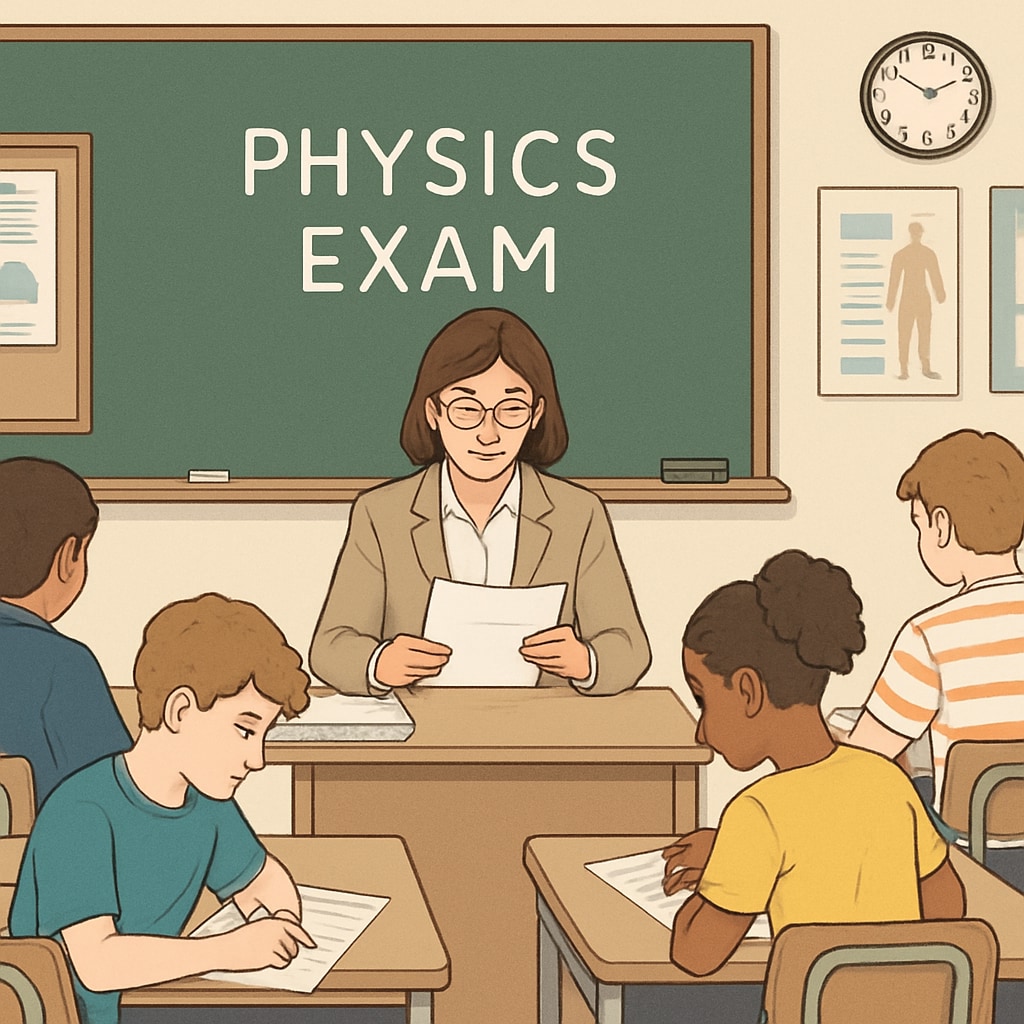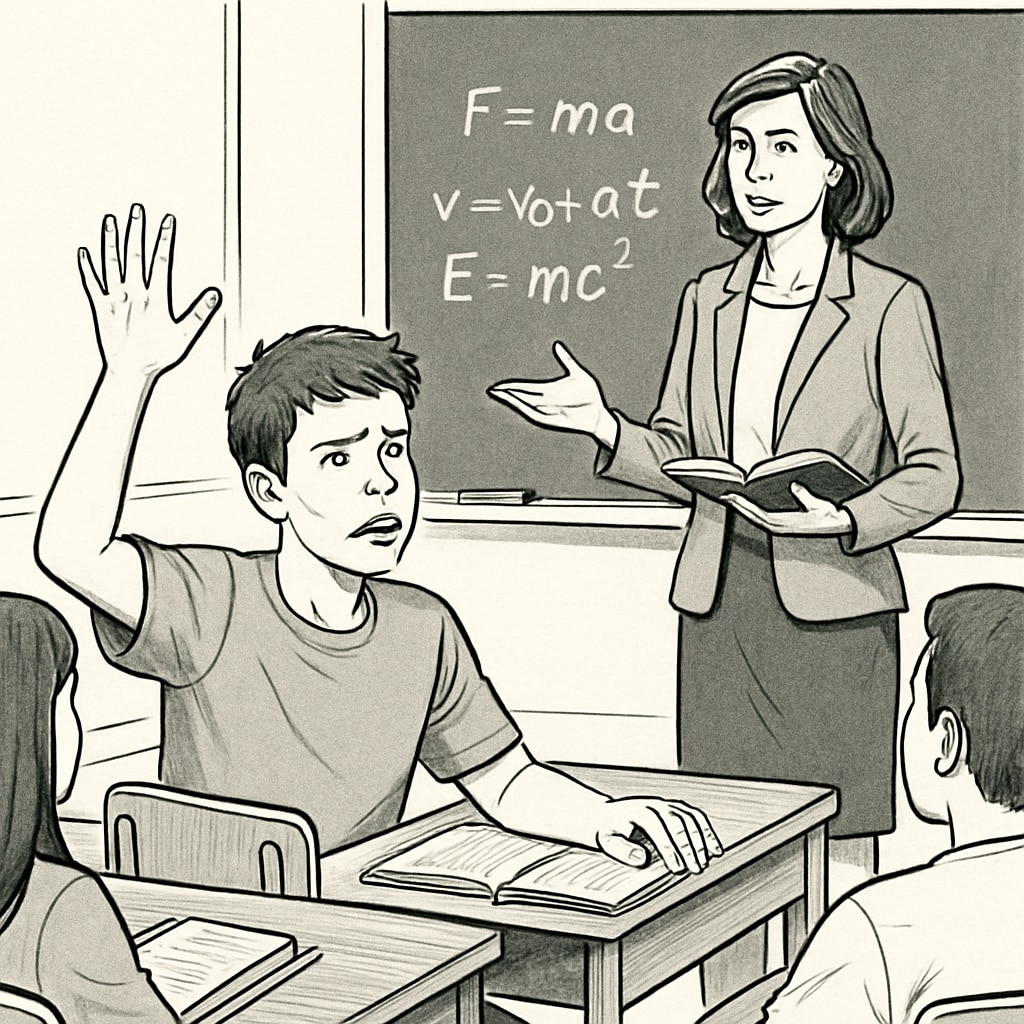In the high-stakes world of AP Physics C, issues like teacher missteps and appeal process failures can significantly affect students’ academic outcomes. These challenges highlight a deeper ethical concern within the education system: the tension between academic authority and student rights. Despite the rigorous standards set by institutions, cases of scoring inconsistencies and flawed decision-making processes continue to surface, leaving students with limited recourse. This article delves into the impact of these problems while advocating for reforms that prioritize fairness and transparency.

Teacher Errors: When Expertise Falls Short
AP Physics C is renowned for its complexity, requiring educators to possess not only deep subject knowledge but also effective teaching and grading skills. However, instances of teacher errors—be it in instruction, grading, or classroom management—can severely hinder a student’s learning experience. For example, misgraded assignments or unclear explanations of advanced topics like electromagnetism can leave students confused and unprepared for the AP exam.
Such mistakes are not uncommon, yet they often go unaddressed due to the authoritative position teachers hold in the classroom. While students may recognize discrepancies, the lack of an effective mechanism to challenge these issues creates an environment where errors persist unchecked.

Appeal System Failures: A Broken Safety Net
When errors occur, students should have access to a reliable appeals process to rectify the situation. Unfortunately, many schools and testing organizations lack transparent and efficient procedures. Students who file complaints regarding grading errors or instructional issues often encounter bureaucratic hurdles, vague guidelines, or outright dismissal of their concerns.
For example, the College Board, which administers the AP exams, has faced criticism for its opaque score review policies. Appeals are rarely successful, and students are frequently left without a clear explanation for decisions that directly affect their academic futures. This lack of accountability undermines trust in the system and leaves students feeling powerless.
Ethical Implications and the Need for Reform
The intersection of teacher errors and failed appeal systems raises critical ethical questions. Should educators be held to stricter accountability standards? How can institutions balance the authority of teachers with the rights of students to challenge unfair practices?
To address these issues, reform is essential. Schools and organizations must establish clear, transparent, and impartial processes for handling complaints. Additionally, professional development programs for educators should emphasize both subject mastery and ethical responsibility. By prioritizing these changes, the education system can better serve students and uphold its commitment to fairness.
Suggested reforms include:
- Implementing standardized procedures for addressing teacher errors and student appeals.
- Providing regular training for educators on ethical grading and classroom management.
- Enhancing communication between students, teachers, and administrative bodies.
As a result, both educators and students can benefit from a more equitable and effective learning environment.
For more insights into educational ethics, visit Education Ethics on Wikipedia or explore case studies at Education Overview on Britannica.
Ultimately, addressing teacher errors and appeal system failures is not merely about improving AP Physics outcomes—it’s about fostering an education system that values accountability, equity, and the rights of every student.


